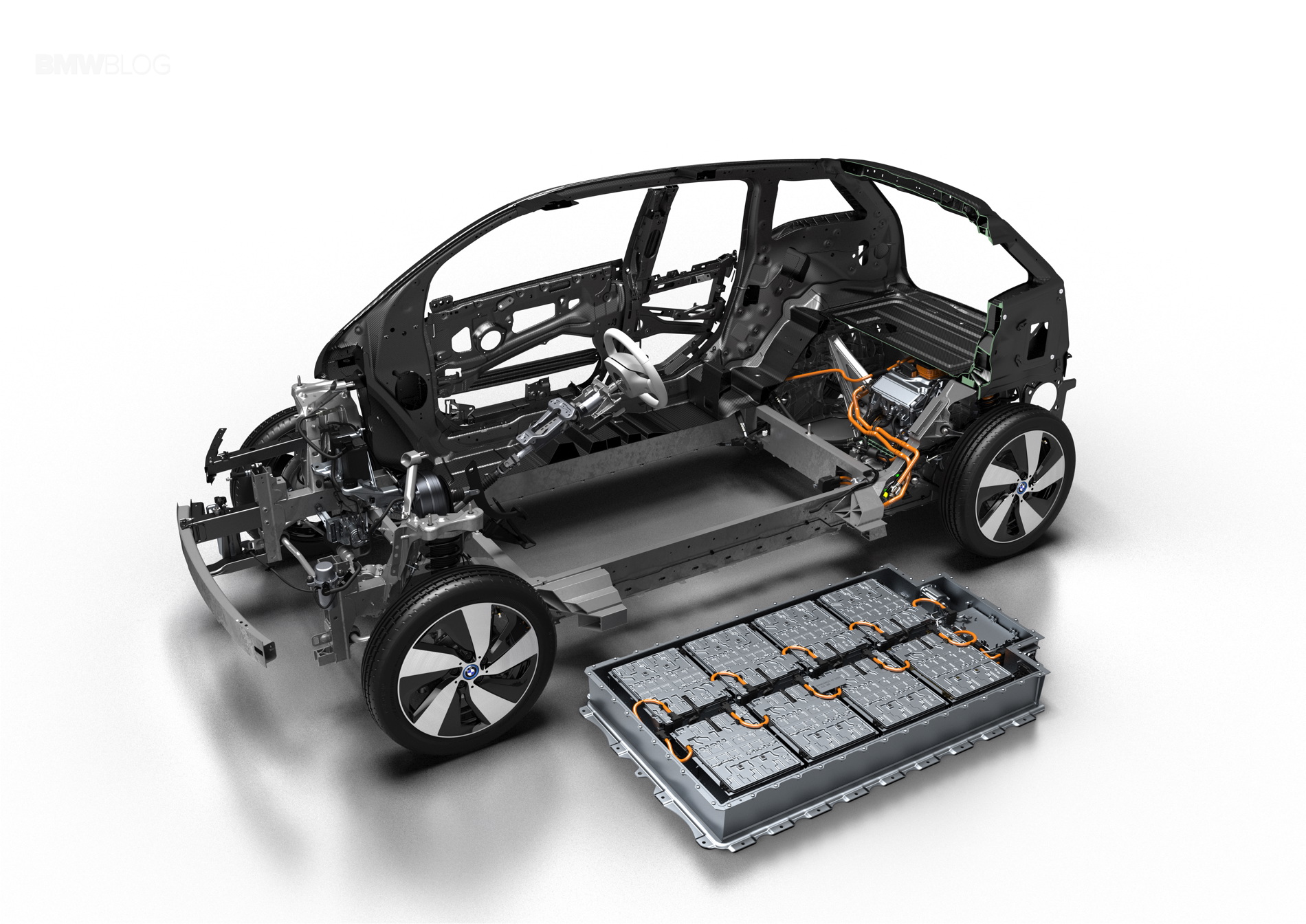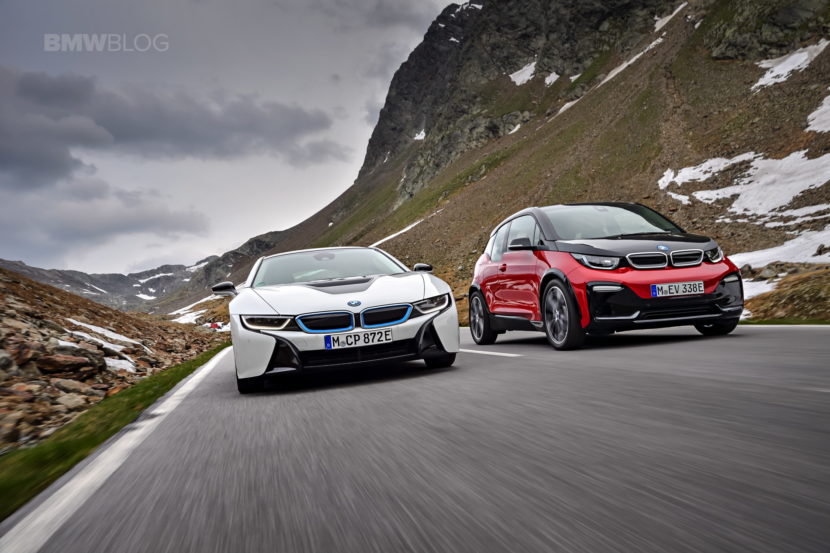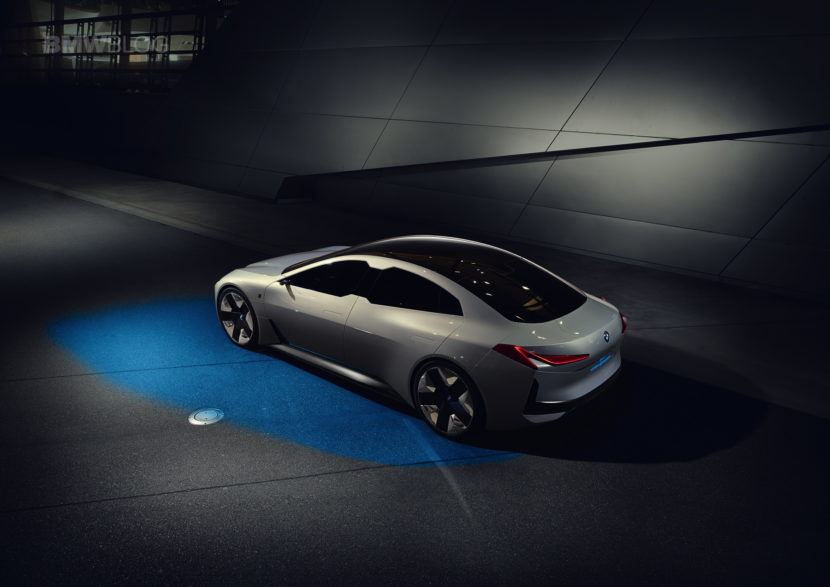The biggest question regarding the BMW i3 that has been on everyone’s mind, especially since Tesla’s Model S offers a considerably bigger range for its EVs, was why BMW didn’t offer the car with a larger battery. The car itself may be considered an ugly duckling by some but that was not the main reason why it didn’t sell in record-breaking numbers, most people were interested in decent electric range.
The idea behind the BMW i3 was to create a city car and therefore it didn’t need a lot of range from the get go. However, people still freak out whenever they get inside a car and see an estimated range of just about 100 miles and that has a lot to do with the way we’ve been getting used to exploiting our cars, knowing that we can get 200 miles more out of it by simply stopping by a petrol station for a couple of minutes. While BMW officials might’ve been asked about the size of the i3 battery a number of times before, a clear answer was still not offered.
During the Frankfurt Motor Show though, talking to CAR magazine, we finally got a rather clear answer and it may be surprising to a couple of people. It turns out BMW decided to go with the battery the i3 was originally fitted with due to the CO2 footprint the car would’ve had otherwise. “The basic idea, at least from the BMW Group perspective, is to lower our CO2 footprint – that’s the real reason we do it. When we introduced the i3 with the smaller battery, it beat every single gasoline car by up to 50% in terms of CO2 footprint,” said Dick Arnold, head of product management at BMW i.
“Offering a huge battery with the tech available when we introduced the i3, there was no freaking way that you could have improved your footprint – you could even increase it. The new battery means it’s actually possible now to decrease and improve your CO2 footprint with bigger batteries, as seen in the Vision car,” he added. Therefore, while back in 2013 a bigger range wasn’t possible without affecting the overall CO2 footprint, that did change over the following years and the future i models will surely show it.
And among those future models we’ll also get to see the iNext in production clothes. The car will be electric and will feature the latest technology in autonomous driving, hopefully including Level 5 autonomous driving which means you won’t have to touch any of the controls once inside it. Sure, there’s still a long way to go but once this happens, all future BMW cars will change, hopefully for the better.







































































